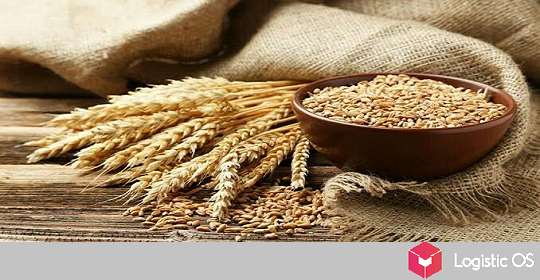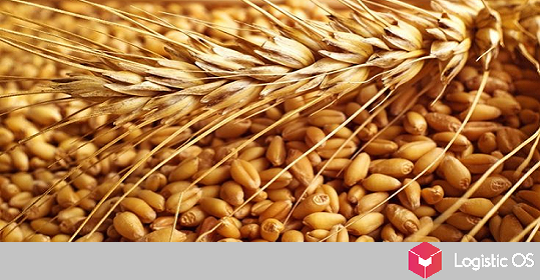According to the latest data, China has managed to significantly increase the yield of major agricultural crops using “green farming”.
Over the past 20 years, China has been continuously introducing modern farming practices that allow it to simultaneously solve two important problems: increasing yields and reducing costs, primarily by reducing the use of fertilizers.
According to the latest information from Chinese scientists, from 2000 to 2022, the country managed to make a big step forward in terms of increasing the yield of major agricultural crops, which, in turn, has a positive impact on China’s food security.
In addition, reducing fertilizer application rates has a positive impact on the environment.
Overall, over the past 25 years, grain production has increased by 58%, while the sown area has increased by only 9%.
Thus, it becomes clear that the increase in productivity was mainly achieved by increasing yields, and not by expanding the area.
At the same time, fertilizer application has decreased by almost 1 million tons per year, which can also be considered a positive phenomenon.
The nitrogen application rates used by Chinese farmers have decreased by 25%, and greenhouse gas emissions have decreased by 11%. Thus, it is possible to spend much less resources on the production of each ton of grain.
At the same time, China is not going to stop at the results already achieved. There are no less ambitious plans for the development of agriculture in this country, calculated until 2050.
It is planned that by this date, rice production in the country will increase by 45 million tons, wheat — by 115 million tons, corn — by 360 million tons. This will allow the PRC, if not to achieve self-sufficiency in most types of food, then at least to get significantly closer to it.
As experts note, there is indeed potential for growth.
The latest data show that almost 70% of all lands currently cultivated in China are classified as medium and low yield fields. This means that if they are upgraded to a higher category using modern technology, the yield could increase significantly.
“The significant increase in the yield of wheat, corn and rice is largely due to the achievements of domestic breeding science and technology, as well as the introduction of green technologies.
High-yielding varieties reveal their potential only with proper agricultural technology and soil management,” Chinese researchers note.

